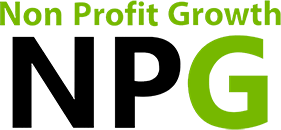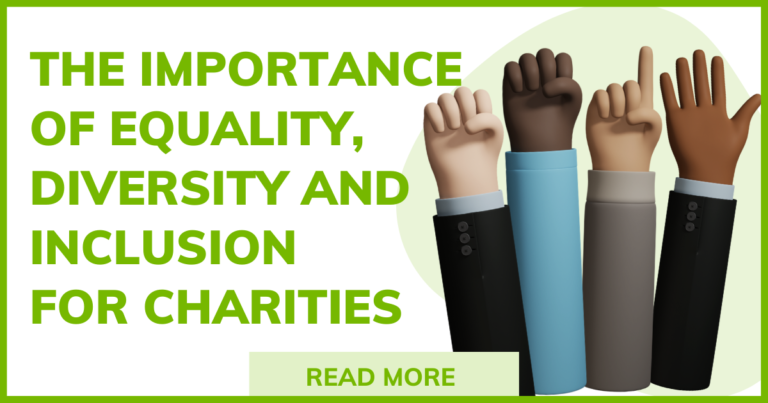Why equality, diversity, and inclusion matter for voluntary organisations?
Put most simply, everyone deserves to be treated equally, fairly and with dignity. However, inequalities in society make this harder for some people. The systems and structures society has in place have created privilege for some and do not work for others.
Moreover, in many cases, the voluntary sector reflects these inequalities and the wider barriers and exclusions in society. Our trustees, staff and volunteers do not always reflect the communities our organisations serve. And our staff, volunteers and others involved in our work can themselves experience discrimination, prejudice, and harassment because of who they are and the groups and communities they are associated with.
To achieve change, voluntary organisations need to recognise and understand how people are excluded and disadvantaged and change their existing ways of working and behaviours. By removing barriers that exclude people, charities will become more effective at changing the communities we work with for the better. We will all benefit from a more just, equitable and inclusive society.
What do we know about inequality in the voluntary sector?
Injustice exists across society at large, which includes the voluntary sector. In spite of the sector seeking to have a positive impact on society, it does not always live up to these ethical principles.
The voluntary sector, like most sectors, can be reluctant to acknowledge that there is inequality in it. And also, it is important to note that inequality will not always be visible to people who do not experience it first-hand.
It is therefore necessary for everyone, especially those without direct experience of injustice, to listen, understand, and educate themselves on inequality so that it can be challenged and overcome.
Let’s look at 2 specific areas:
▪️How leadership teams can ensure equality, diversity and inclusion are embedded in organisations
▪️How volunteers’ teams can and should reflect the diversity in our society
How leadership teams can embed equality, diversity and inclusion?
Everyone has a role to make sure organisations are inclusive spaces which reflect the diversity of our society. It’s important everyone reflects on their own experiences, assumptions and behaviours and is proactively inclusive in creating space for those often excluded. This includes acknowledging what power and privilege we have and how we can be active in addressing inequalities in our organisations.
Organisations and their leadership have a responsibility to take action on equality and improving inclusion. They need to be held to accountable.
Senior leaders need to identify existing ways of working which exclude individuals and prevent them from participating fully. This is vital because those in leadership positions hold power in organisations.
They can:
▪️model inclusive behaviours
▪️actively challenge discrimination and injustice
▪️make sure there are adequate resources to support effective action
▪️make sure there are safe and effective processes for addressing discrimination
▪️commit to building an equitable organisational culture
In addition, Boards have a specific responsibility for the way the whole organisation works. They should guide the leadership team, and set the direction and strategic commitment to equality, diversity, and inclusion.
Inclusion and diversity in volunteering
It is equally important that an organisations volunteers reflect the diversity in society. Volunteering needs to be inclusive, equitable and accessible.
This can be done through making volunteering practice more inclusive, recognising the contribution and benefits to : services, beneficiaries, and community cohesion. A volunteering programme that embraces diversity and inclusion and values difference will be more effective and relevant to more people.
Inclusivity should be one of the building blocks of volunteering and not a bolt on to normal practice. Having inclusive practice embedded in your service means all volunteers will feel the benefits.
Though volunteers themselves are not covered by equal opportunities legislation it is in your organisations’ interest to take equal opportunities and diversity seriously.
There are many advantages of a diverse team.
These include:
▪️ The creation of a more positive and inclusive profile and public image
▪️ Being representative of the wider society by the involvement of volunteers from different social, cultural, and ethnic backgrounds
▪️ Being more able to understand and respond to the needs of your local community
▪️ New ideas and fresh approaches generated by people from different backgrounds and with different outlooks
▪️ A broader range of skills and abilities
▪️ Enabling your volunteers to be seen in their communities as role models which will encourage others from similar groups to volunteer and help increase their aspirations
▪️ Enhancing awareness within the organisation as a whole
▪️ Providing eligibility for wider sources of funding


